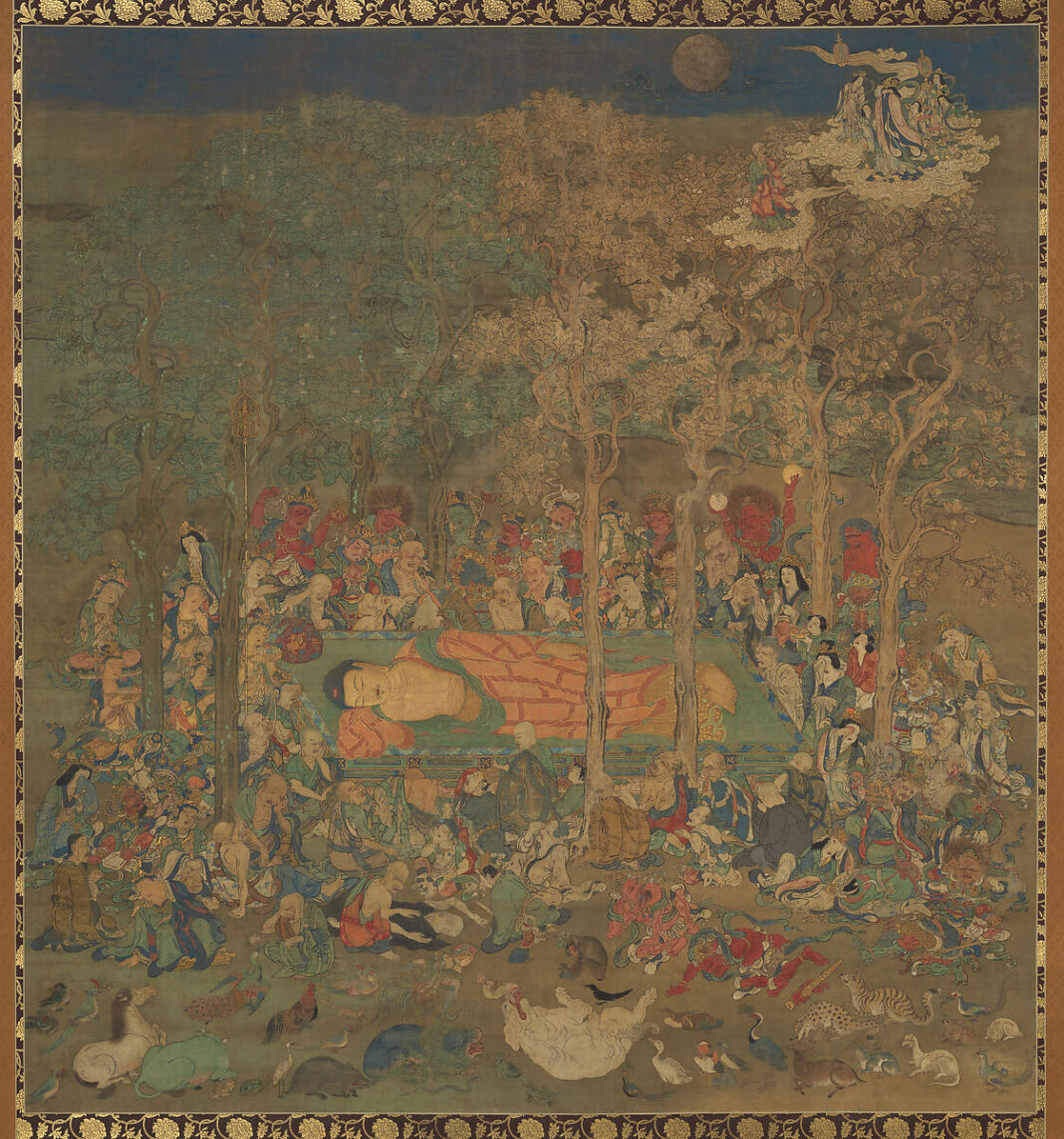
St. Jerome
Against Jovinianus
Book 2, Chapter 6
「393」 Saint Jerome, Against Jovinianus, book 2 in The Principal Works of St. Jerome, trans. W. H. Fremantle, in St. Jerome: Letters and Select Works, vol. 6 of A Select Library of Nicene and Post-Nicene Fathers of The Christian Church (New York, 1893; Google Books: Online Library of Free eBooks).
Although Jerome argues abstinence for not “who looks for death,” and as “pleasing to god,” for ” followers of wisdom, who devote themselves to the worship of God,” allows for the use of animals as food for “slaves of hard toil” (Book 2.6:393); as well as those “tied to husbands,” set on “having offspring” (Letters 79.7:166), and “children” who have not yet “come to a robust age” (Letters 108.6-8:193).
In arguing that “our Creator Who made all things for the use of man,” made animals “not that they might serve for food, but for other uses of man,” does advocate the use of animals medicinally. (2.6:393)
I will follow in detail the view now expounded, and before I come to Scripture and prove by it that fasting is pleasing to God, and chastity accepted by him, I will meet philosophic argument with philosophic argument. (2.6:393)
But the Lord says in the gospel ‘It is good then to not to drink wine, and eat flesh. If you wish to be perfect, it is better to enrich the mind than to stuff the body.’ (2.6:393)
Let him eat and rink, who looks for death when he has feasted, and who says with Epicurus, “There is nothing after death, and death itself is nothing. We believe Paul when he says in tones of thunder: “Meats for the belly and the belly for means. But God will destroy them both. (2.6:393)



